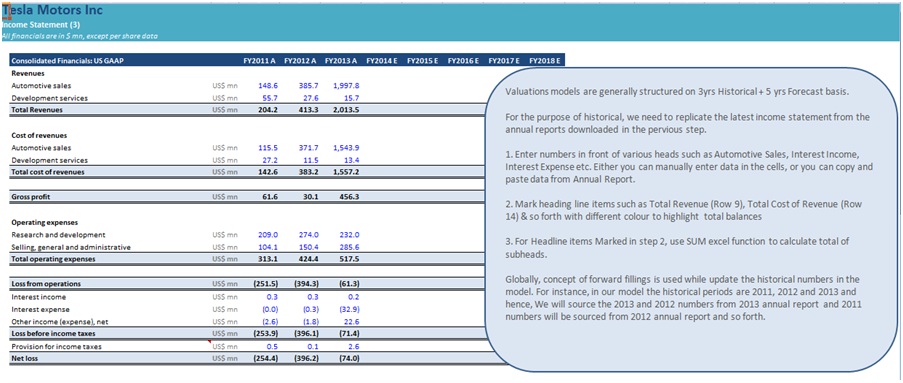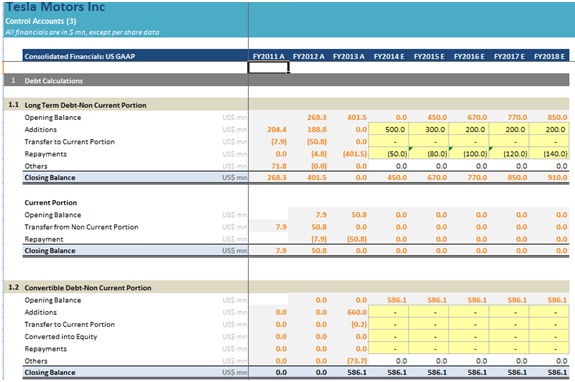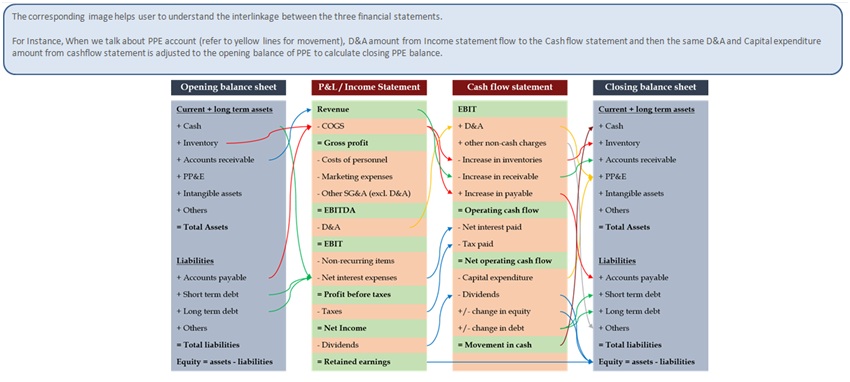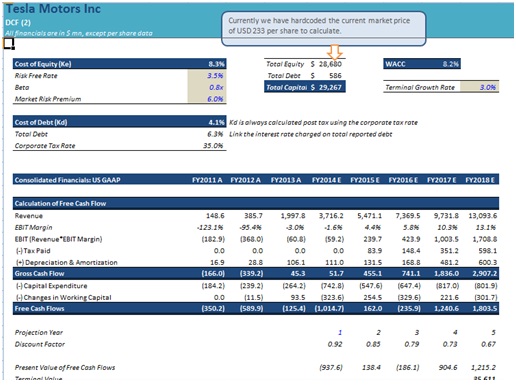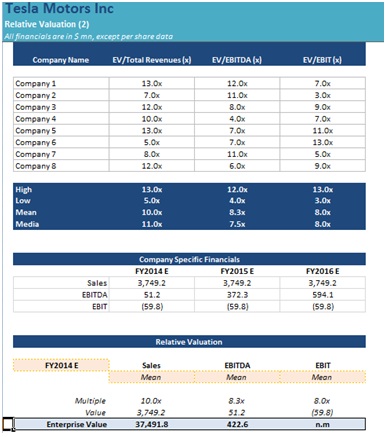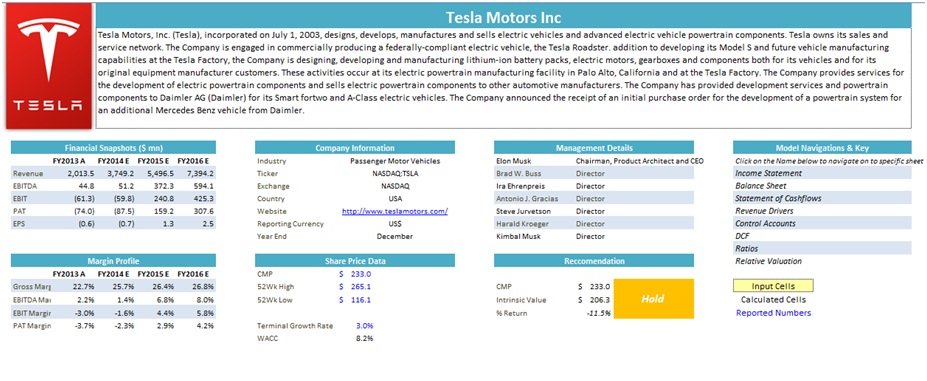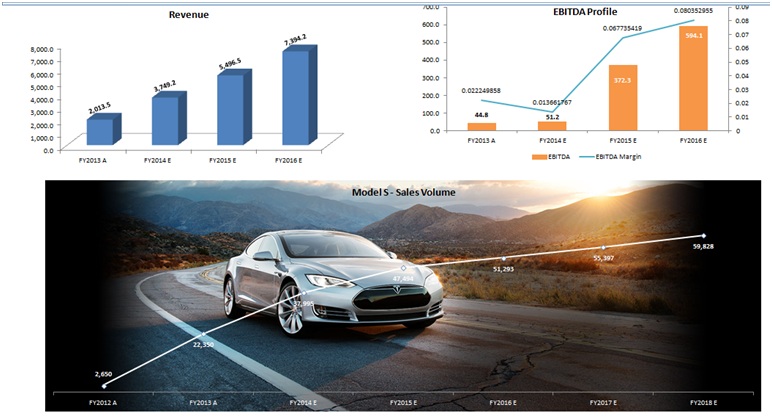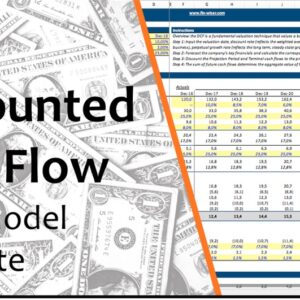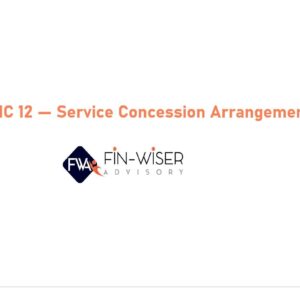3 Statement Financial Modeling with DCF & Relative Valuation – Self Learning Kit
$149.00
Description
Financial modeling is the process of creating mathematical representations of a company’s financial situation. It involves using historical data and assumptions to build projections and make informed decisions about future performance. These models are used for budgeting, valuation, risk assessment, and strategic planning by investors, analysts, and businesses.
It is beneficial for anyone involved in finance, investing, or business decision-making. Professionals like financial analysts, investment bankers, portfolio managers, entrepreneurs, and corporate executives can benefit from learning financial modeling. It equips them with essential skills to analyze data, forecast outcomes, and make informed choices to optimize financial strategies and enhance overall performance.
The Financial Modeling Self-Learning Kit is a comprehensive step-by-step guide on how to build financial models with:
- Discounted cash flow (DCF) valuation
- Relative/comps valuation
- Integrated Financial Statements i.e Income Statement, Balance Sheet, and Cash Flow Statement
- Supporting Accounts including Debt Schedule, Capex and Depreciation, Corporate Taxation, etc.
The Kit is divided into the following 16 modules (excel files) where each module explains and helps the user to set and structure the model with a meticulous approach:
- Structuring the historical Income statement
- Structuring the Historical Balance Sheet
- Structuring the historical Cash Flow Statement
- Setting up Revenue Drivers
- Building Cost Drives
- Setting up Debt Account
- Accounting for Capital Expenditure and Depreciation
- Working Capital Calculations
- Calculating Interest Income and Interest Expense
- Setting up Equity Capital and Reserve Account
- Calculating Income Tax and Deferred Tax
- Financial Statement Integration
- DCF Valuation
- Financial Ratios
- Relative Valuation/ Comparable Company Analysis
- Dashboarding
In addition to the 16 modules mentioned above, the kit includes two detailed documents that appraise the user with the valuation principles of DCF and EV methodology:
- Discounted Cash Flow valuation: this talks about the concept of DCF valuation along with its components, Methodology to derive FCFF (Free Cash Flow to Firm) and FCFE (Free Cash Flow to Equity), Discount Rate (WACC, beta, market risk premium, risk-free rate), Advantage and Disadvantage of DCF.
- Enterprise Value: this talks about the concept of EV along with its components, how to derive Equity value from Enterprise Value, Valuation Multiples EV Based (EV/EBITDA, EV/Sales, EV/ EBIT, EV/PAT), and Price based(Price/Earning, P/Sales, P/FCFF).
- This pack also includes the Final Model for the user’s reference.
This valuation model is based on Tesla Motors and users can download their annual reports from their investor relation website to understand the historical data.


